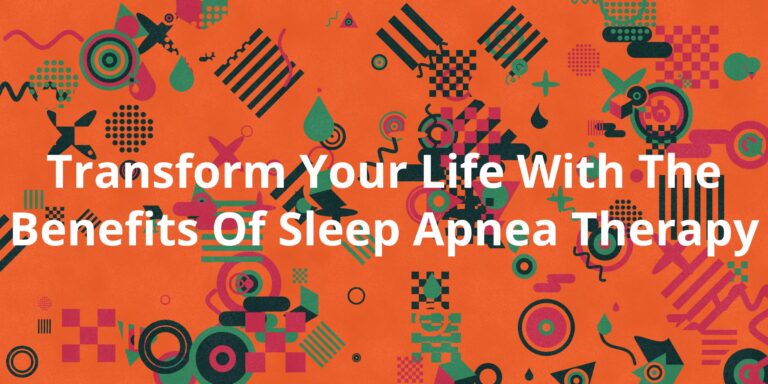Sleep apnea is a common sleep disorder that affects millions of people worldwide. It is characterized by interrupted breathing during sleep, which can cause significant health problems and negatively impact one’s quality of life. This article aims to shed light on the silent struggle that many individuals with sleep apnea face and how it can be managed effectively.
What is Sleep Apnea?
Sleep apnea is a condition in which breathing stops or becomes shallow during sleep, leading to a lack of oxygen supply in the body. There are two main types of sleep apnea: obstructive sleep apnea and central sleep apnea. Obstructive sleep apnea occurs when the airways become blocked by soft tissues in the throat, while central sleep apnea happens when there is a problem with the brainstem that controls breathing.
Symptoms of Sleep Apnea
The most common symptoms of sleep apnea include loud snoring, gasping for breath during sleep, and excessive daytime sleepiness. Other symptoms may include headaches, irritability, difficulty concentrating, and mood swings. It’s important to note that some individuals with sleep apnea may not exhibit any noticeable symptoms, making it difficult to diagnose.
Health Problems Associated with Sleep Apnea
Sleep apnea is associated with a range of health problems, including high blood pressure, heart disease, diabetes, and stroke. Studies have shown that untreated sleep apnea can increase the risk of these conditions, making it crucial for individuals to seek treatment. Moreover, sleep apnea can also negatively impact one’s quality of life, leading to fatigue, depression, and decreased cognitive function.
Treatment Options for Sleep Apnea
There are several treatment options available for sleep apnea, including lifestyle changes, continuous positive airway pressure (CPAP) therapy, oral appliances, and surgery. Lifestyle changes such as weight loss, positional therapy, and avoiding alcohol and caffeine can help alleviate symptoms of sleep apnea. CPAP therapy involves using a machine that delivers pressurized air through a mask to keep the airways open during sleep, while oral appliances work by moving the lower jaw forward to open the airway. Surgery is another option for individuals with severe sleep apnea who do not respond to other treatments.
Conclusion
Sleep apnea may seem like a silent struggle, but it can have significant implications on one’s health and quality of life. It’s important for individuals to seek treatment if they suspect they may have sleep apnea, as untreated sleep apnea can lead to serious health problems. With the right treatment options and lifestyle changes, individuals with sleep apnea can improve their overall well-being and enjoy a restful night’s sleep.



